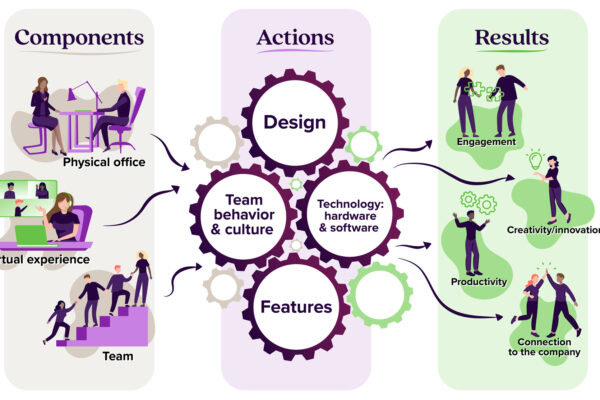Doing the rounds: checking in with customers and partners
With the COVID-19 pandemic reshaping the economy at lightning speed, it’s critical that your business show signs of life with regular updates and announcements. It’s also important to create new lines of communication with customers, suppliers, and partners to share information quickly. In this blog, we’ll suggest a few steps to take to show your resilience and build stronger relationships during the pandemic.
Make a statement
As quickly as possible, post a COVID-19 bulletin on your website and on social media – let your customers and partners know how the pandemic is affecting your operations and how you plan to adapt.
This serves the short-term purpose of informing your customers and partners about how your products and services will change (or not) so that they can make their own plans. It also serves the long-term purpose of demonstrating your business’s capacity to react quickly to a crisis. Most importantly, use this bulletin to make sure your partners, suppliers, and clients know how to reach your company and whom to contact for any issues related to COVID-19.
Reach out to your network
Check in with your customers, suppliers, and partners to verify supply chains and establish new safety procedures. You will need joint policies to protect employees and businesses and new emergency lines of communication in case someone gets sick, or services are disrupted. A pandemic may not be the best time to push hard on sales, but it is an opportunity to develop strong bonds of confidence and loyalty with customers and partners that will outlast the pandemic.
Connect with a marketing firm
It could be particularly useful for you to reach out to an outside marketing or PR firm while planning for COVID-19. They can help revise your COVID-19 marketing and develop a communications plan to prepare for COVID-related incidents [link to the next blog].
During this emergency, marketing agencies are taking on a crucial information-sharing role. They work with many clients across industries and thus have a front-row seat to how the pandemic is affecting different parts of the economy. Their broad perspective and experience can help you understand how the overall situation in your industry and region is changing to develop a business strategy that will see you through this crisis.


